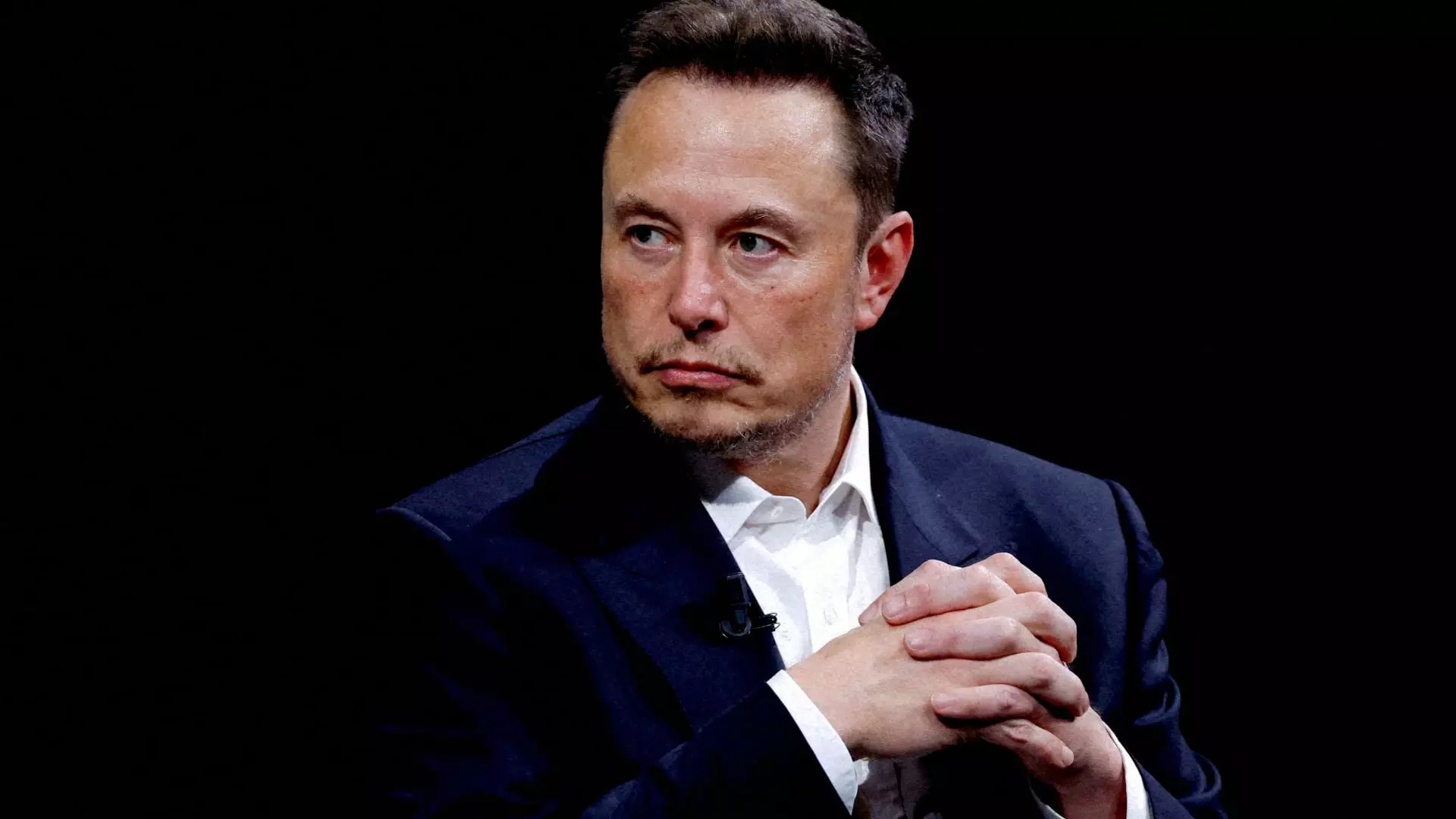Local Chinese authorities have made the decision to lift restrictions on Tesla cars following the successful compliance of the company’s vehicles manufactured in China with the country’s data security regulations. This development occurred as Tesla CEO Elon Musk made a surprise visit to Beijing and engaged in discussions with Chinese Premier Li Qiang, coinciding with the commencement of the first major auto show in the city in four years.
Compliance with Data Security Rules
Tesla’s electric vehicles have gained significant popularity in China; however, concerns had been raised about the data collection capabilities of the U.S.-based automaker, leading to bans on Tesla cars at certain government-related facilities. In response, Tesla confirmed in a press release that local authorities had lifted the restrictions on their vehicles after meeting the necessary data security requirements set by the Chinese government.
New Energy Vehicles Meeting Data Security Standards
In addition to Tesla’s Model 3 and Model Y vehicles, several other new energy vehicles from companies such as BYD, Lotus, Nezha, Li Auto, and Nio were also found to have complied with China’s data security regulations. The China Association of Automobile Manufacturers and the National Computer Network Emergency Response Technical Team/Coordination Center of China announced that the new data security standards, focusing on “connected vehicles,” were released recently. These standards apply to cars scheduled for release in 2022 and 2023, with automakers voluntarily submitting their vehicles for inspection.
The regulations require vehicles to anonymize facial recognition data outside the car, refrain from collecting cockpit data by default, process any collected data within the vehicle, and provide clear notifications to users regarding the processing of personal information. Elon Musk’s company was among the first batch of automakers to satisfy these data compliance prerequisites.
Local Data Storage and Information Security
Tesla emphasized its efforts to localize data storage in 2021 at its Shanghai data center and demonstrated compliance with the ISO 27001 international standard for information security following an evaluation by third-party auditors. These measures indicate the company’s commitment to safeguarding data privacy and security in accordance with global best practices.
Despite speculations arising from Musk’s visit, experts, such as JL Warren Capital CEO Junheng Li, expressed skepticism about the immediate availability of Tesla’s Full Self Driving software in China. Li cited challenges related to Tesla’s status as a foreign entity in China and the presence of local alternatives, like Xpeng’s driver-assist software, which already enjoy a strong market presence.
Premier Li’s visit to local auto manufacturers, including Xpeng, during the Beijing auto show underscored the government’s emphasis on innovation and consumer demand as driving factors for industry growth. The absence of Tesla from the auto show this year, following an incident in Shanghai in 2021, did not deter the promotion of domestic innovation in the sector.
The relaxation of restrictions on Tesla cars in China, post compliance with data security requirements, highlights the importance of adhering to regulatory standards and ensuring data protection in the automotive industry. As the sector continues to evolve with advancements in technology, collaborations between international and local entities are essential to meeting the needs of consumers and fostering innovation.

